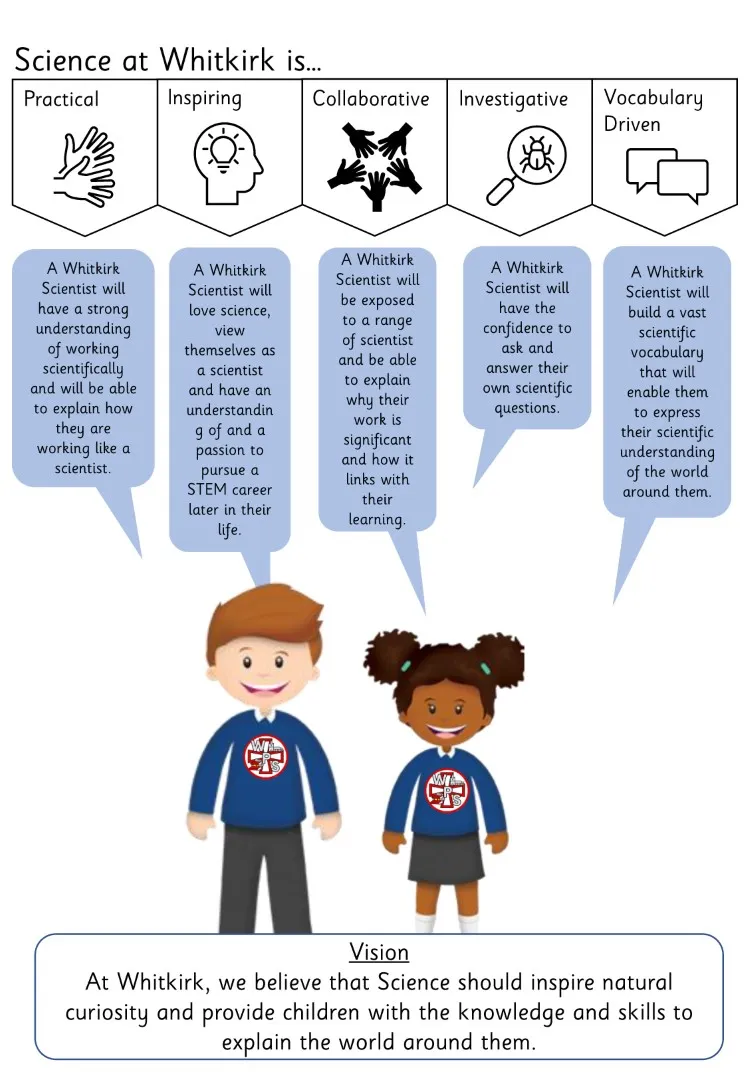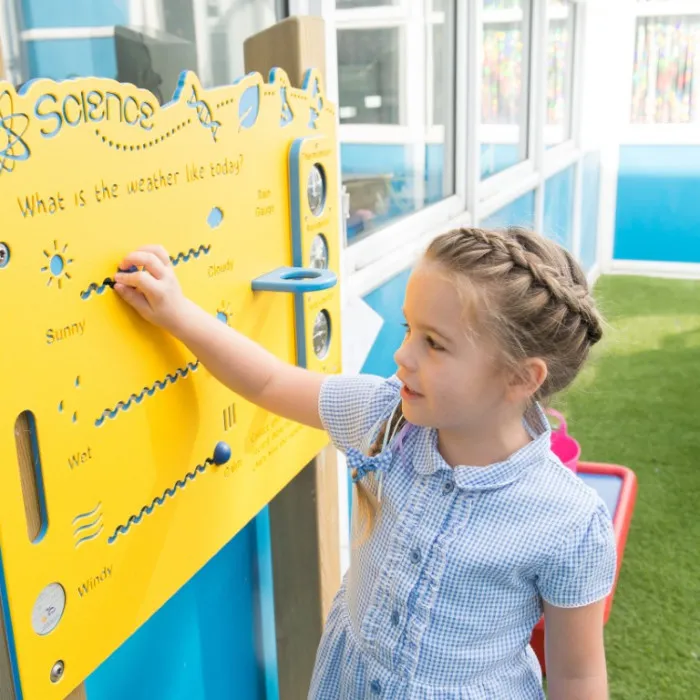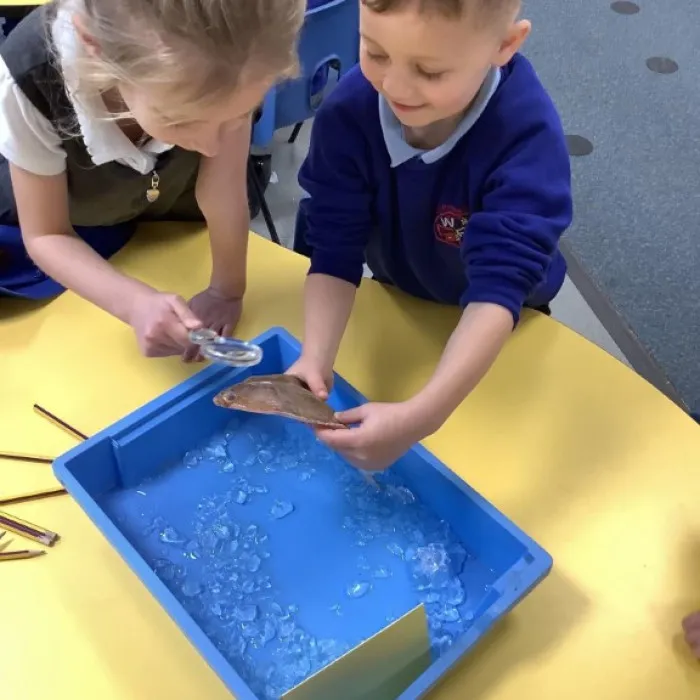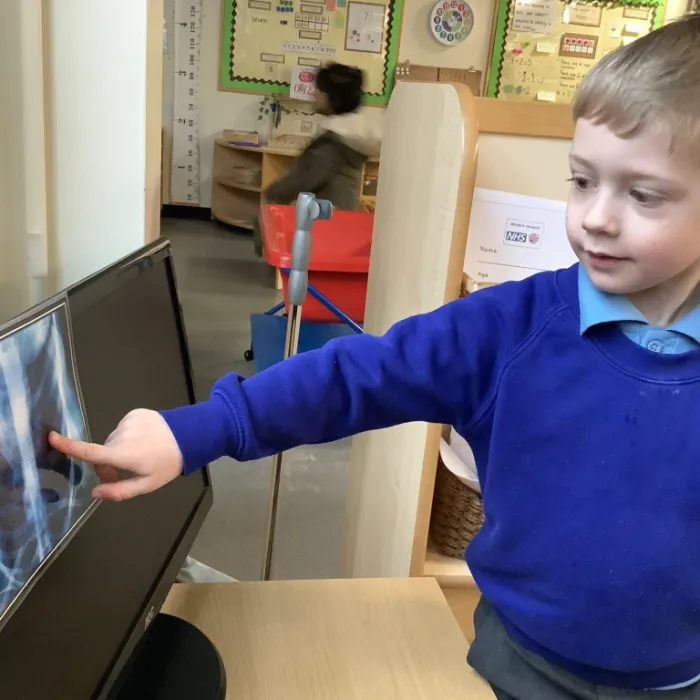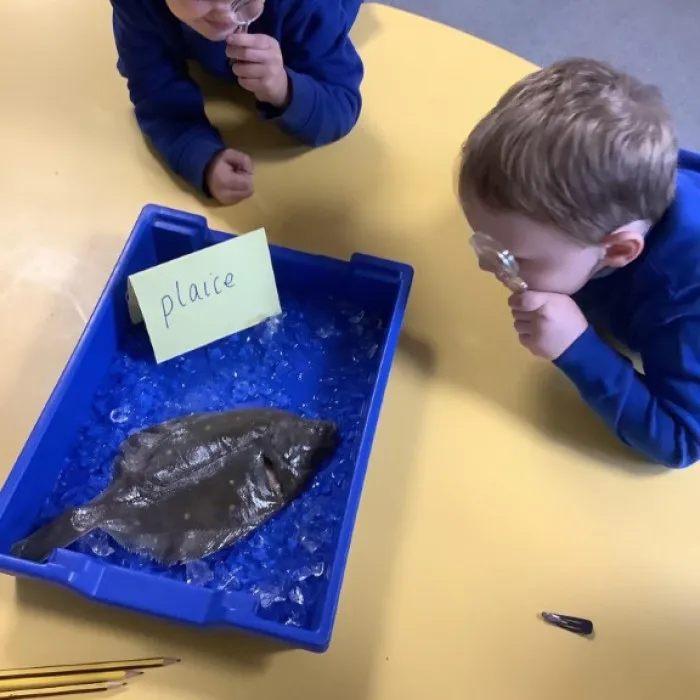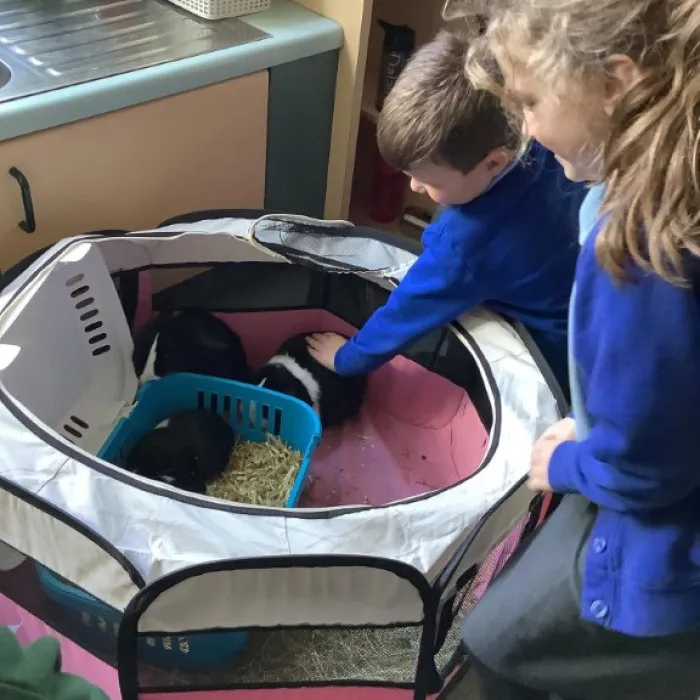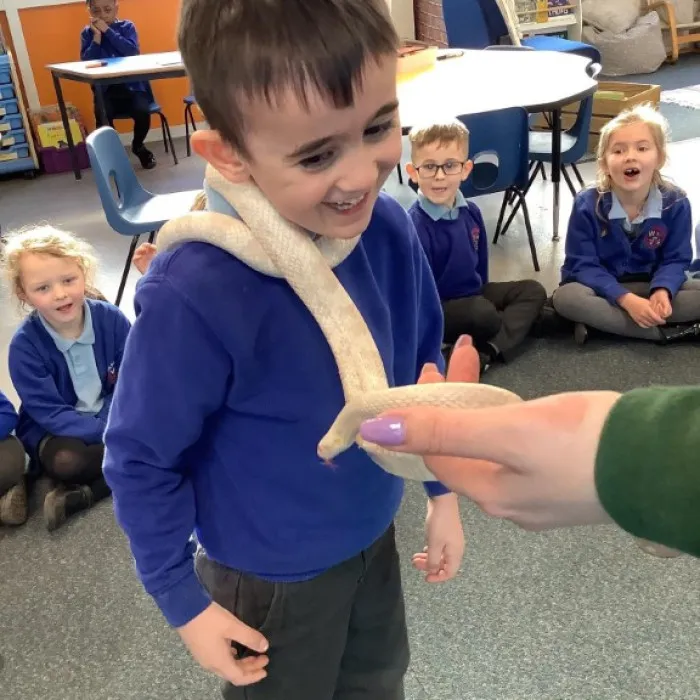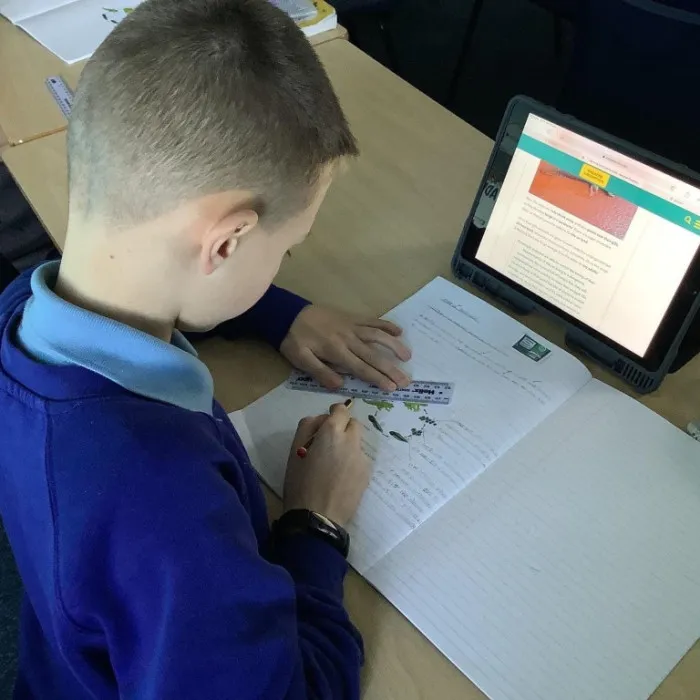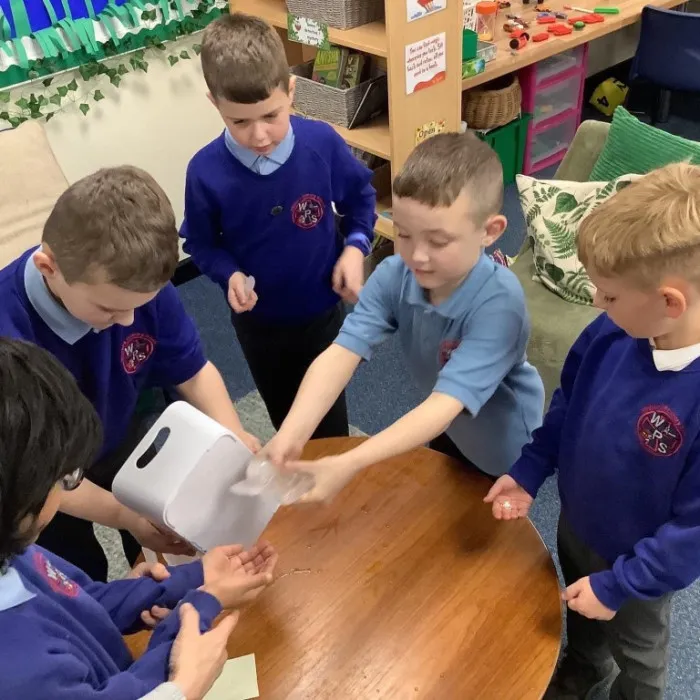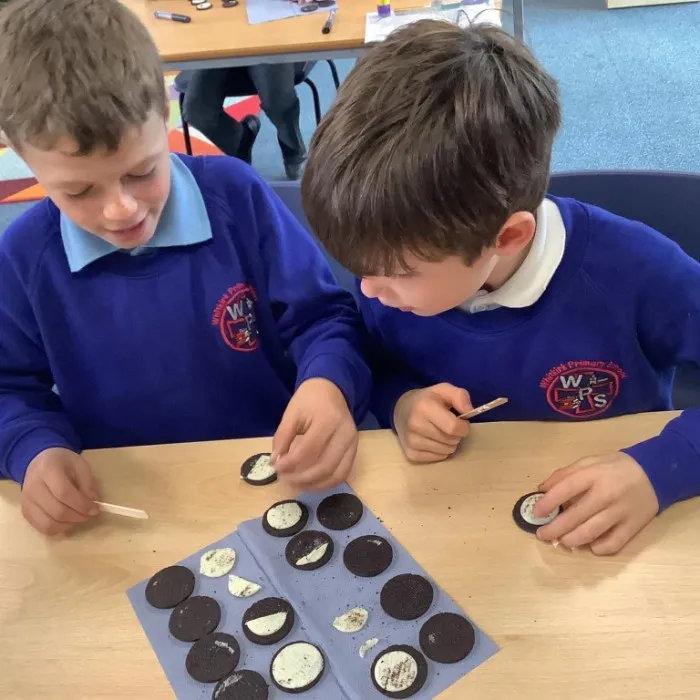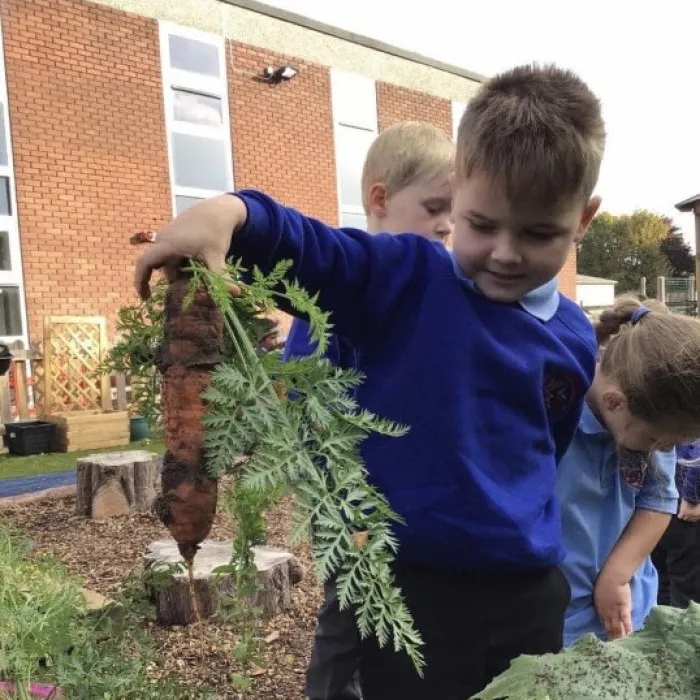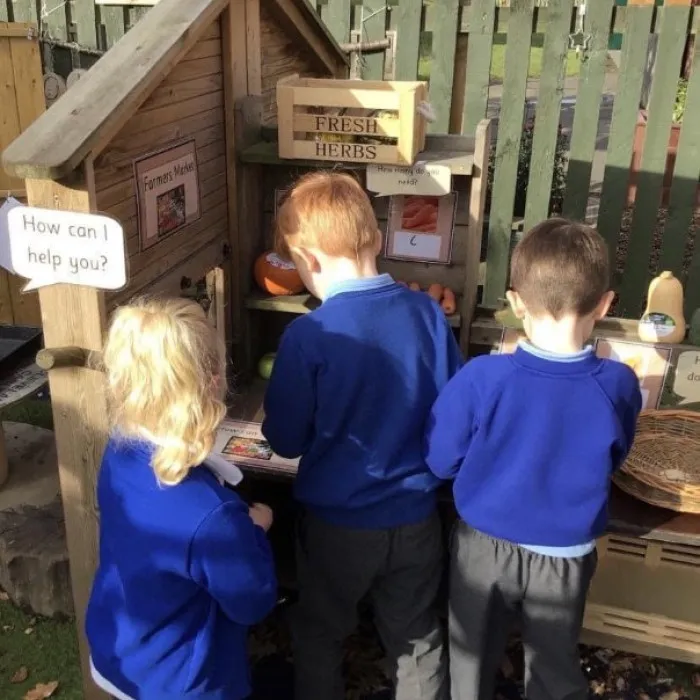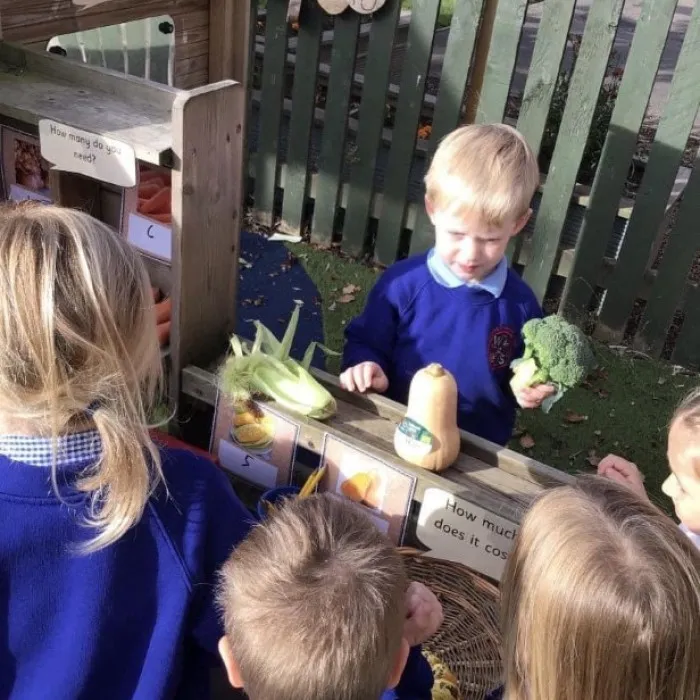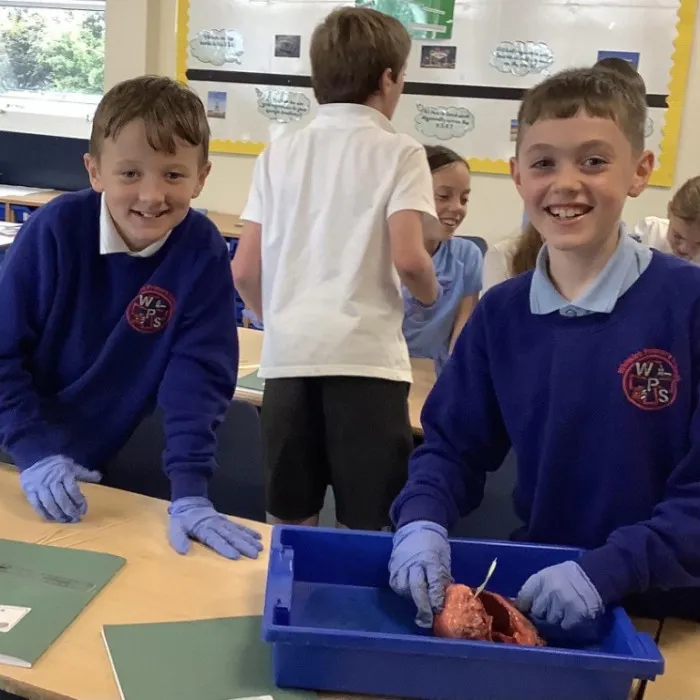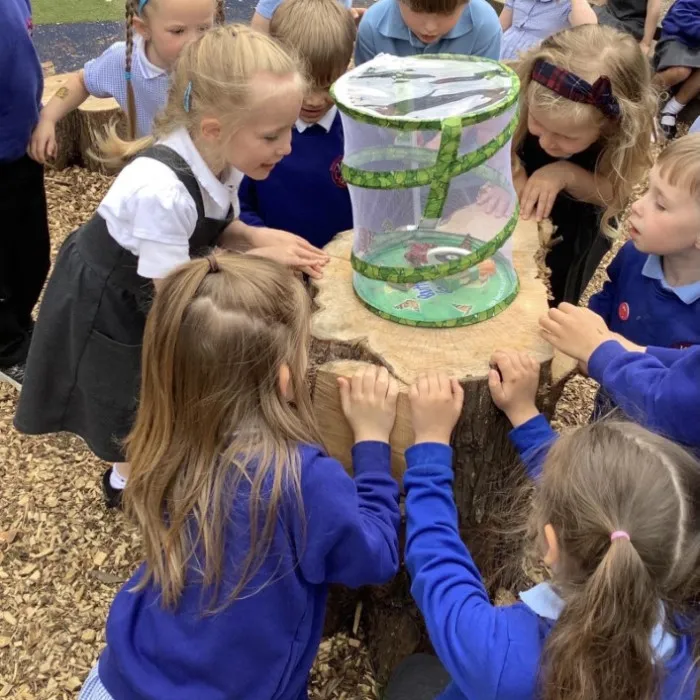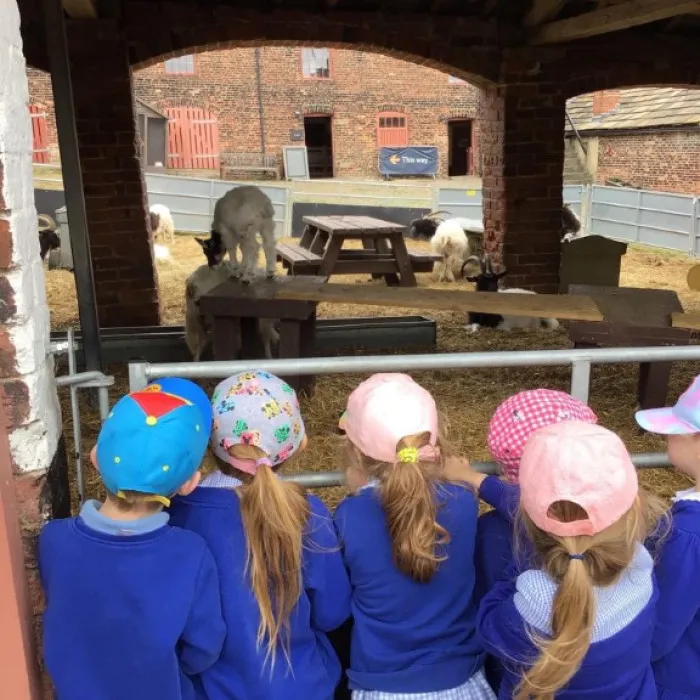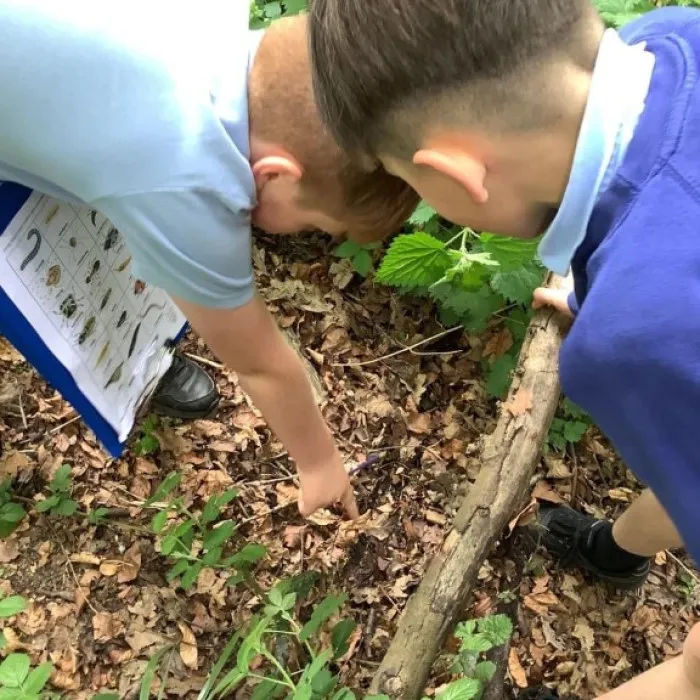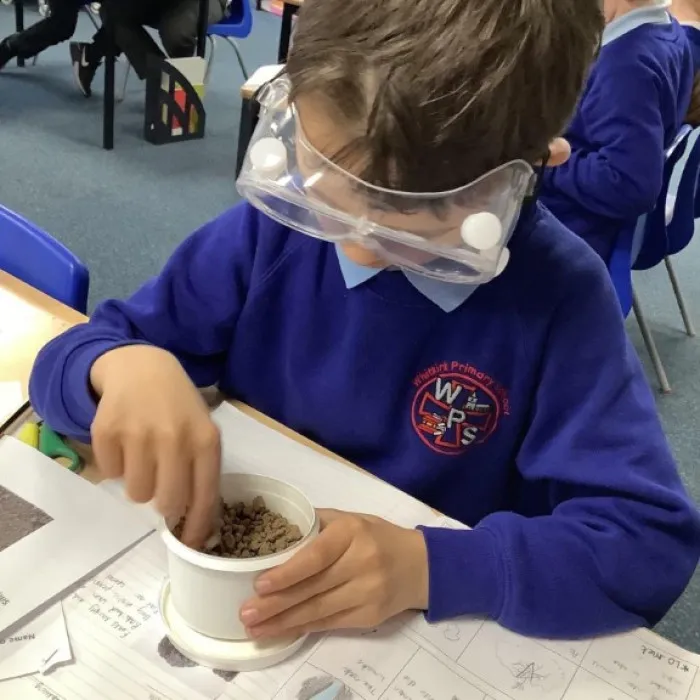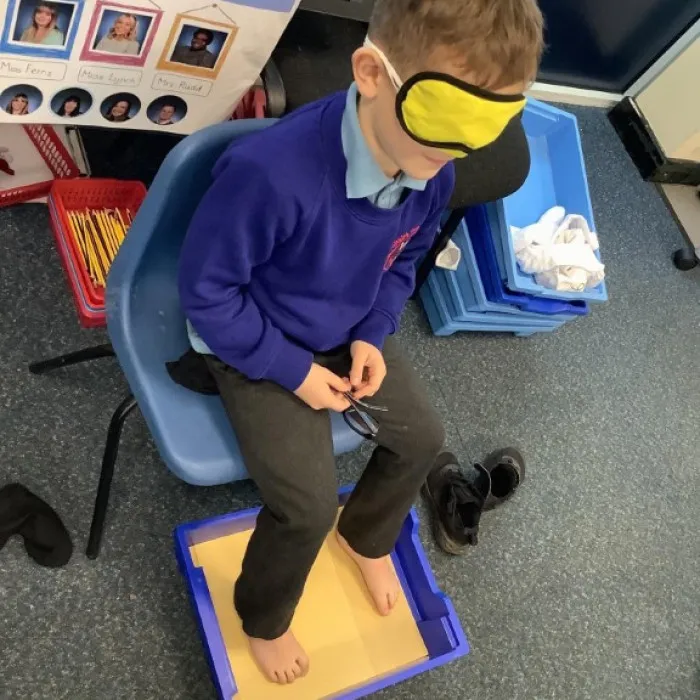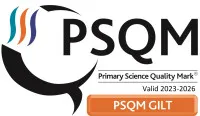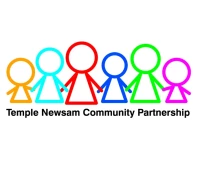Science
Miss Tomlinson - Science Leader
At Whitkirk Primary School, we believe that a high-quality science education provides the foundations for understanding the world through the specific disciplines of biology, chemistry, and physics.
Scientific Enquiry
Snap Science, our chosen programme of study, places scientific enquiry at the heart of our teaching, helping pupils develop essential skills for working as scientists. Pupils learn to ask questions, test ideas, and evaluate evidence, building their understanding through hands-on investigations. We carefully adapt Snap Science modules to foster a strong foundation in scientific enquiry, ensuring pupils engage with all types of enquiry outlined in the National Curriculum and providing meaningful opportunities to explore, analyse, and think critically like real scientists.
Outdoor learning
We emphasise the importance of learning outdoors as a key part of our Science curriculum, allowing pupils to engage with the natural world as real scientists. By exploring the local environment, including the grounds of Temple Newsam, pupils gain first-hand experience in observing, investigating, and experimenting with real-world phenomena. This hands-on approach deepens their understanding of biology, chemistry, and physics, while also fostering curiosity, critical thinking, and a stronger connection to the scientific concepts they learn in the classroom.
Enriching our Science curriculum
Our Science curriculum, aided by Snap Science, ensures progression of knowledge and skills from EYFS through to KS2, building on prior learning. We enhance this with special experiences like a heart specialist leading a heart dissection in Year 6 and "Meet the Creature" workshops in Year 1, providing hands-on opportunities that deepen understanding and make science more engaging.
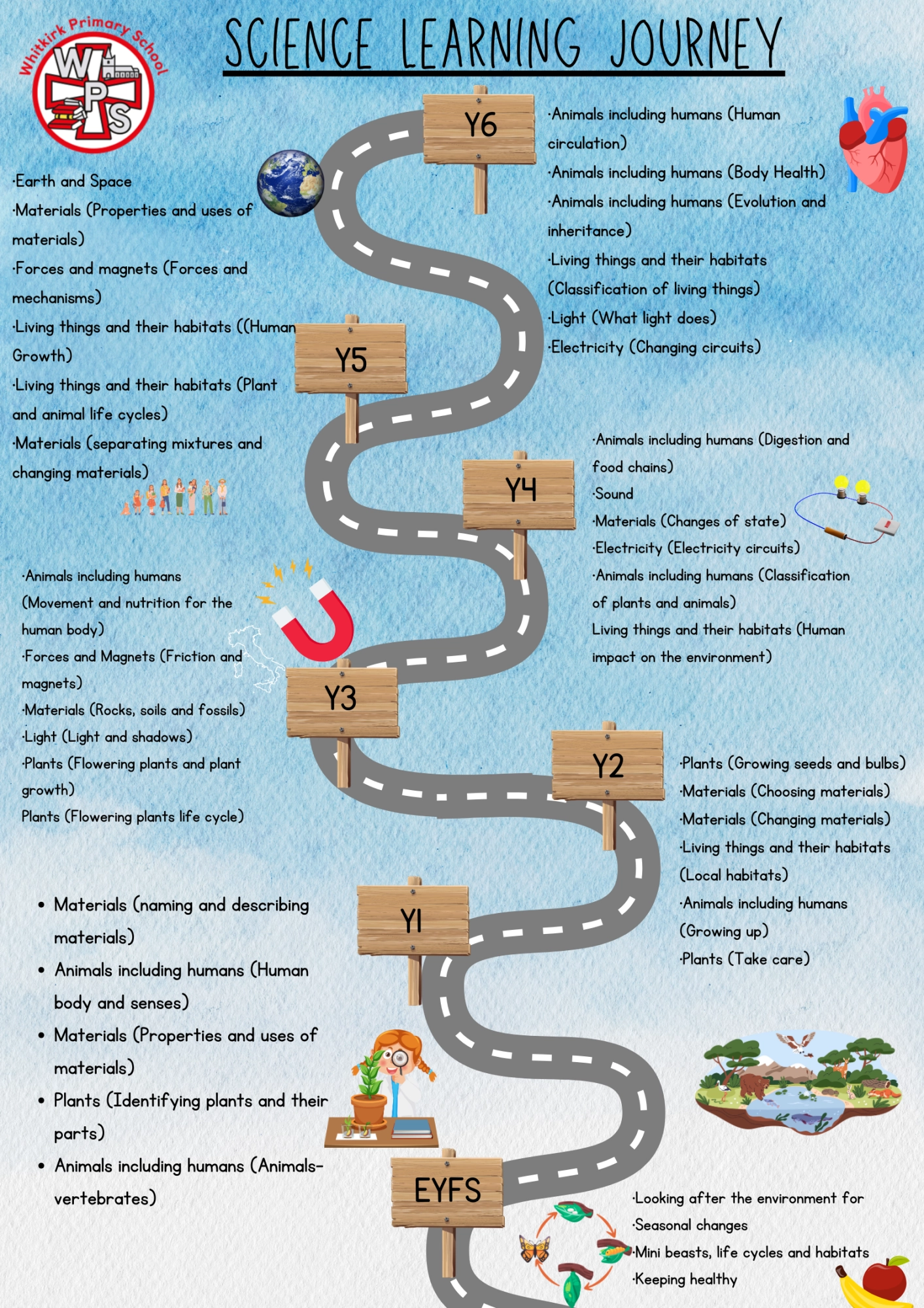
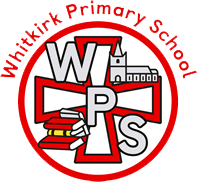
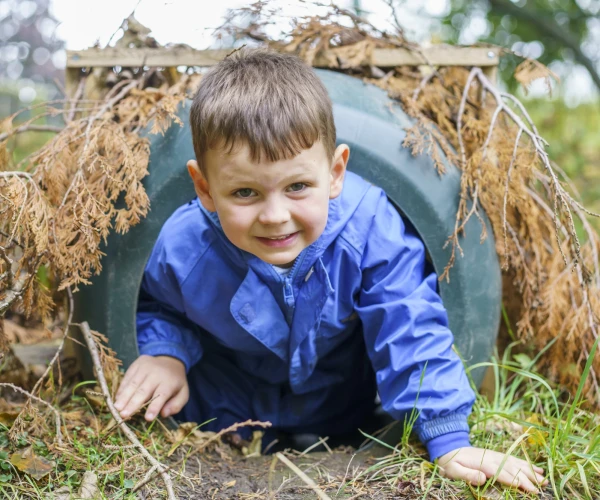
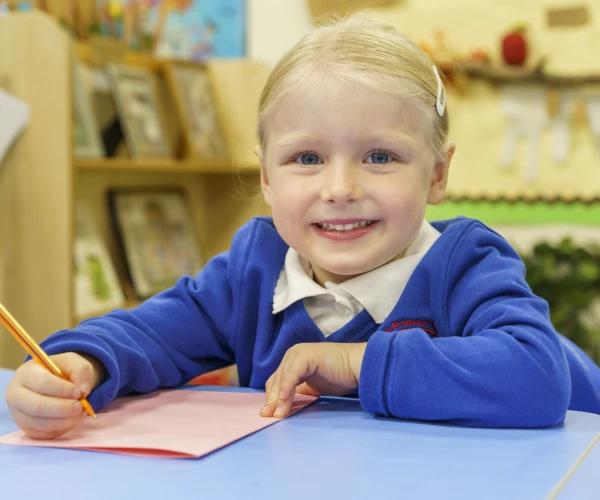
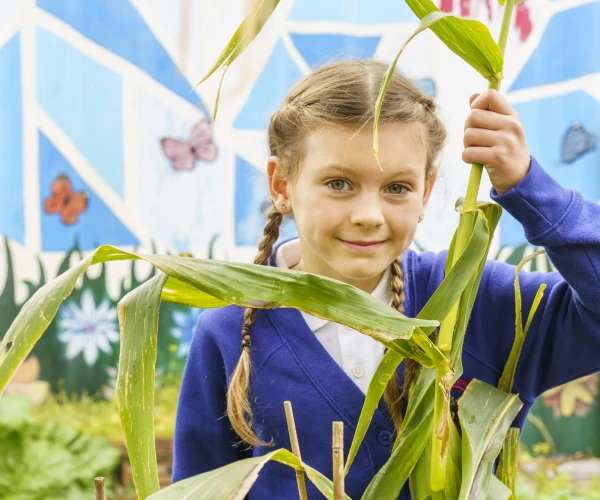
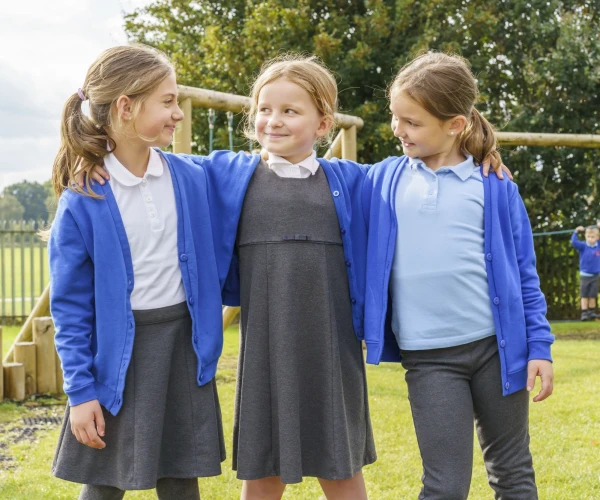
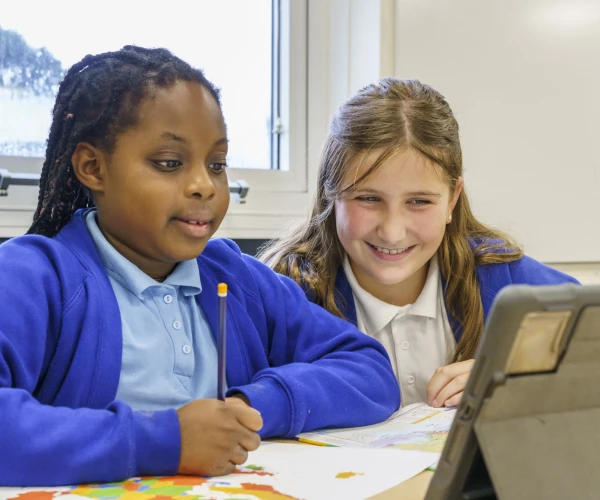
![shutterstock_1466824106-[Converted]](/images/uploads/img-38-2022.webp)
